RetailExpo, the trade show for retail technology, design and digital signage, took place last week on May 1-2, and sustainability was a hot topic in a few of the seminars and presentations.
H&M’s sustainability manager for UK and Ireland, Giorgina Waltier, Farfetch’s sustainable global director Tom Berry, and Kingfisher’s head of sustainability Caroline Laurie attended RetailExpo on the second day to speak on retailers’ approach on sustainability.
“Sustainability is of huge importance to H&M”
BRC’s head of sustainability policy, Peter Andrews also talked about the recent Extinction Rebellion protests that are sparking some changes in parliament.
Waltier, who has served as H&M’s sustainability manager since June 2018, said “sustainability is of huge importance to H&M, it’s something we’ve been working with in a robust way for over 20 years, embedding it into our business practices”.
“Our proposition is to make great fashion that’s available to everyone, and in a sustainable way,” she said.
Although ethically-sourced products may take a longer-than-usual time to manufacture, which could result in more time and money, H&M believes that sustainable fashion shouldn’t carry a heavy price tag.
“We want to be increasing profits as well as keeping sustainable” – Farfetch
Meanwhile, Berry said sustainability was a word that luxury fashion ecommerce retailer Farfetch rarely uses as it carries different meanings to different people. Despite that, she believes there’s a greater opportunity to focus more on sustainability at the moment.
“We want to be increasing profits as well as keeping sustainable,” he said.
Waltier, on the other hand, said sustainability was something H&M is fully committed to.
“We have to improve our operations and we have to bring along the rest of the industry with us. It’s one of our ambitions – we want to lead the change across the fashion industry,” she said.
“We want to lead the change across the fashion industry” – H&M
Waltier also boasted that 57 per cent of H&M’s materials were either recycled or sustainably-sourced, as the Swedish retailer aims to use 100 per cent sustainably-sourced or recycled materials by the year 2030.
“Sustainability is very much a part of our colleagues’ everyday work, and in the way that they engage with their tasks,” she said.
“I’m responsible for seeing our strategy and goals for H&M in the UK. We have a core sustainability department who sit within our global team.”
Laurie from Kingfisher agreed with H&M’s principles. She said she has a similar approach at the multinational retailer.
“Sustainability is embedded within our core brand principles,” she said.
Meanwhile, Andrews from the BRC explained that the Extinction Rebellion protests caught the attention of politicians in Westminster.
“The Extinction Rebellion protests across the capital and elsewhere across the country, are already challenging society and particularly our politicians to wake up to the challenge of climate change,” he said.
“If we look back at three or four years ago, could you envisage that customers would be picking out products that use less packaging?”
“It’s all about being transparent and humble. We don’t have all the right answers to sustainability” – Kingfisher
Furthermore, the speakers addressed the subject of transparency within retailers and whether customers are truly interested in learning more on where and how their products are produced.
Waltier said the information surrounding sustainably-sourced products is hard to find, but adds that “customers do really care about sustainability”.
Laurie said it was important for retailers to be transparent because “customers expect businesses to have a positive purpose rather than just make a profit”.
“It’s all about being transparent and humble. We don’t have all the right answers to sustainability – some stuff we get it right and sometimes we get it wrong,” she said.
According to Kingfisher’s research, consumers aren’t using the word sustainability, and Laurie said it’s mainly because “it’s full of jargon – it means different things to different people”.
Waltier agreed with Kingfisher on the importance of sustainability, but she said that sustainability was a word H&M consistently uses, especially after the retailer launched a new product sustainability element to its website – a feature which Waltier said now allows customers to see where every single item comes from.
“Transparency is hugely important to us. That level of transparency is what we’re trying to up – we’re only at tier one right now,” she said.
“Consumers are looking for something more than just a t-shirt”
However, she emphasised the complexities of the fashion industry, and highlighted how H&M still expects to receive criticism for not being transparent enough on the subject of sustainability.
“Experts always want to know more,” Waltier said.
Although sustainability is a word that is rarely used at Farfetch, Berry said that “sustainability is definitely becoming more important” and adds that this may be due to the release of more statistics.
“Consumers are looking for positive stories within brands, they are looking for something more than just a t-shirt,” he said.
Click here to sign up to Retail Gazette’s free daily email newsletter

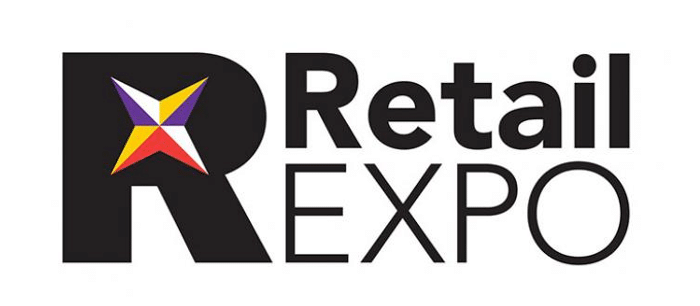


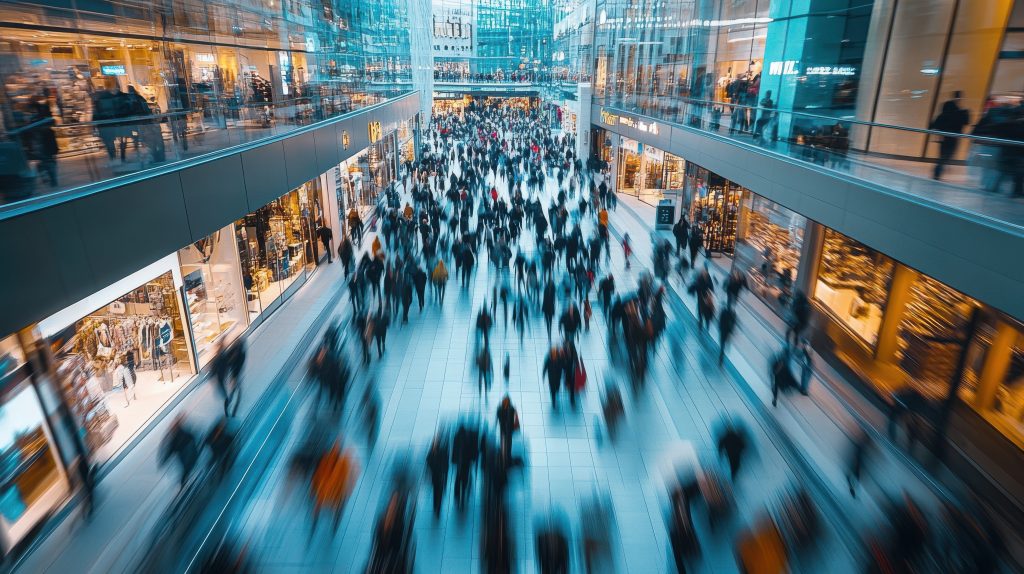
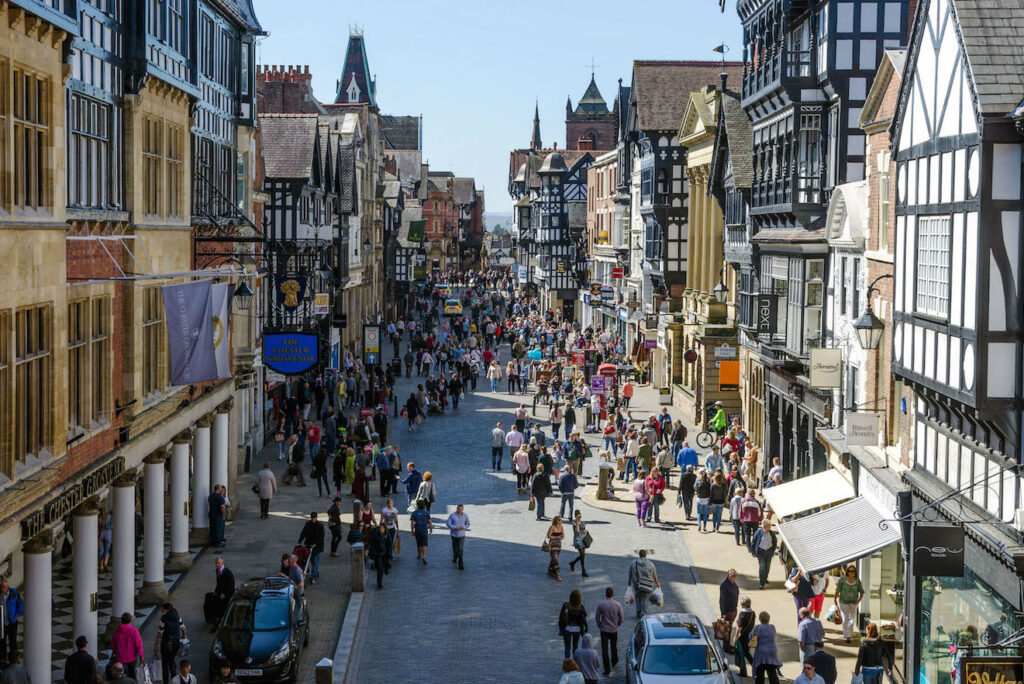

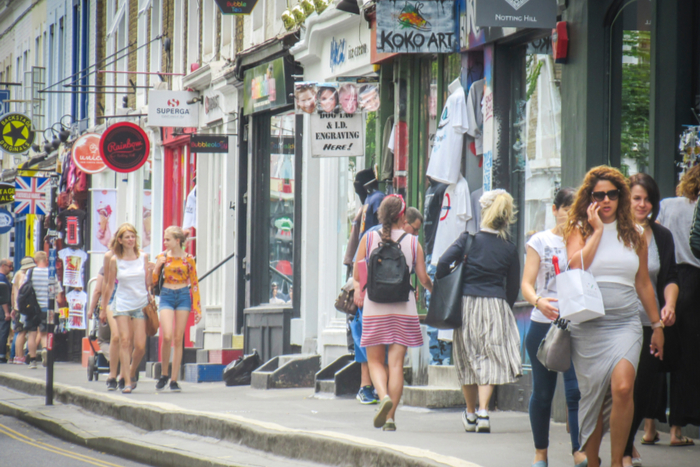

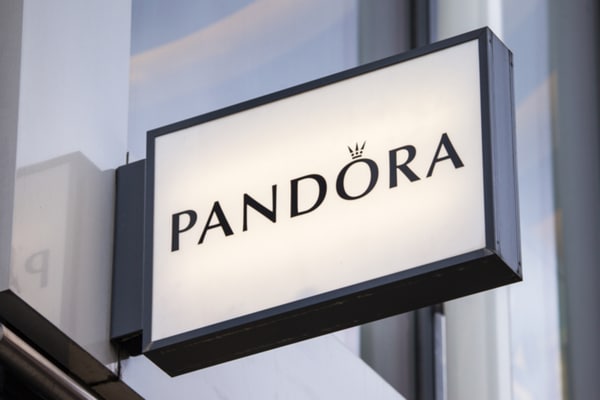
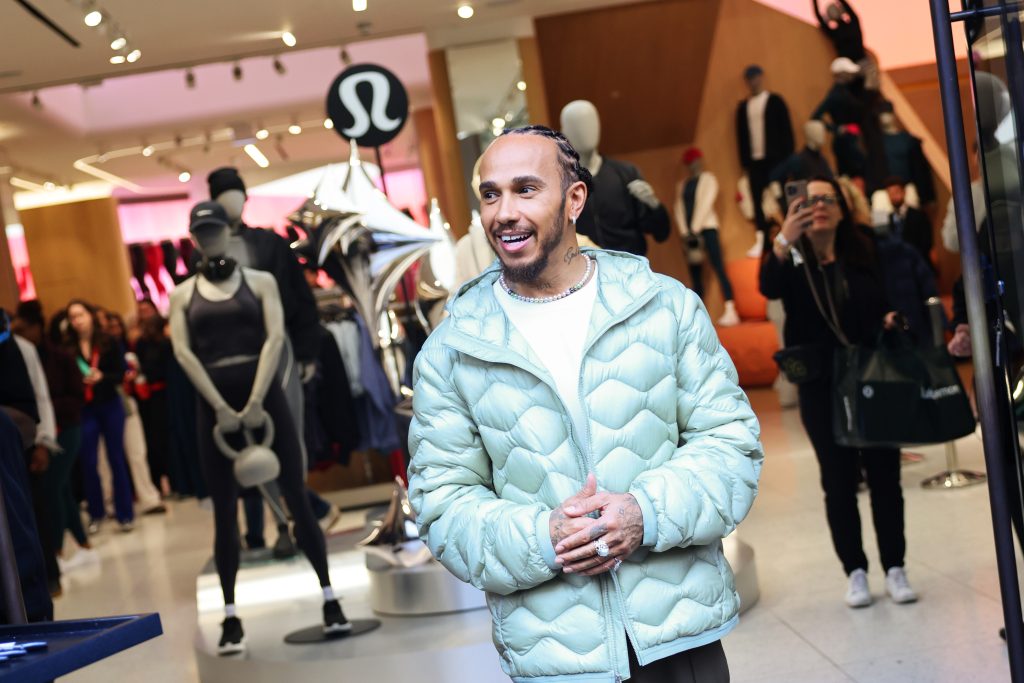

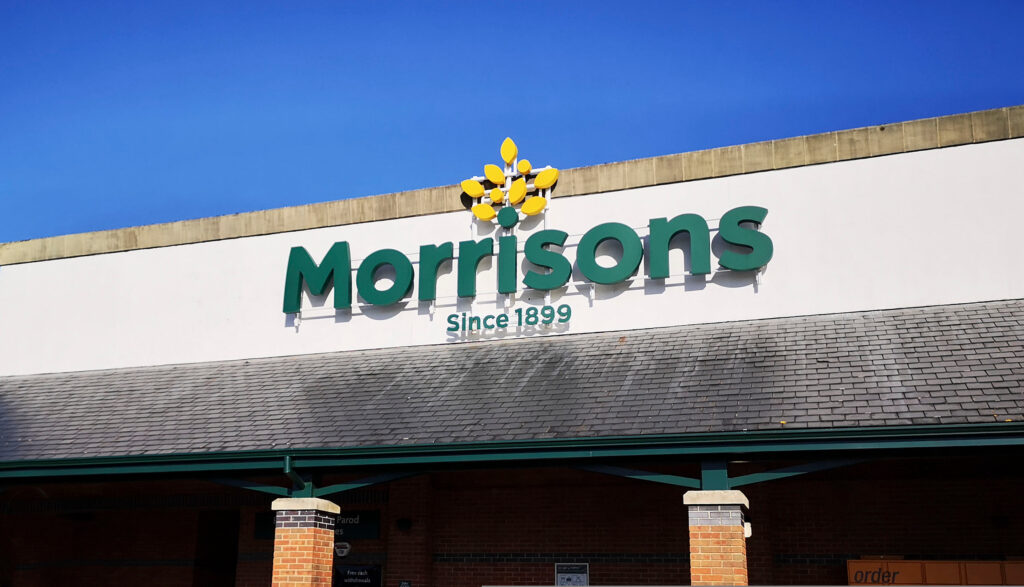
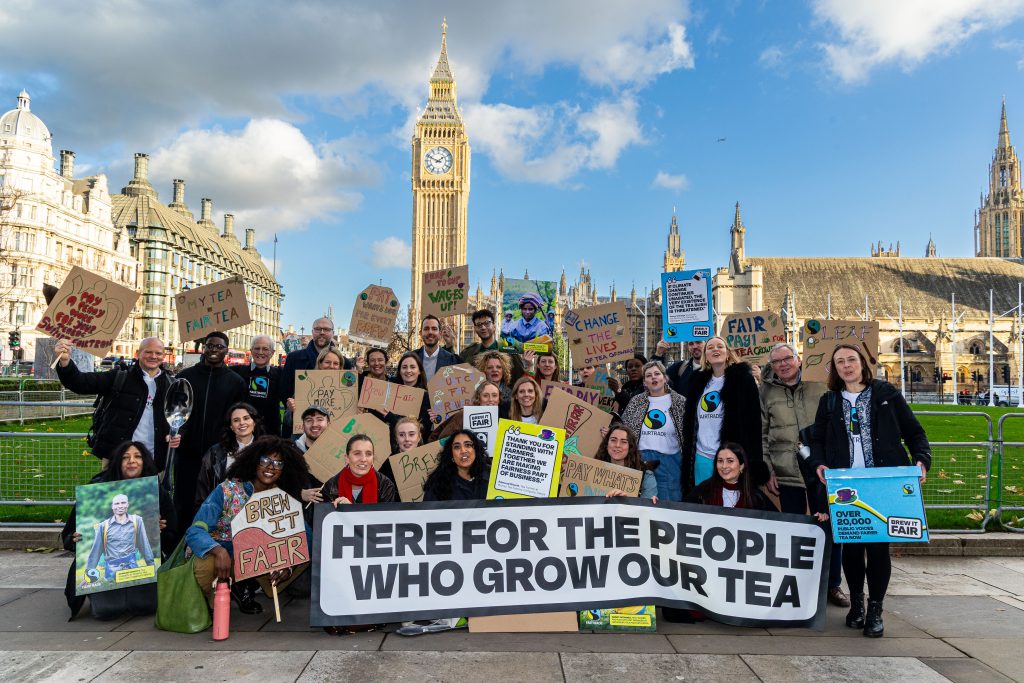
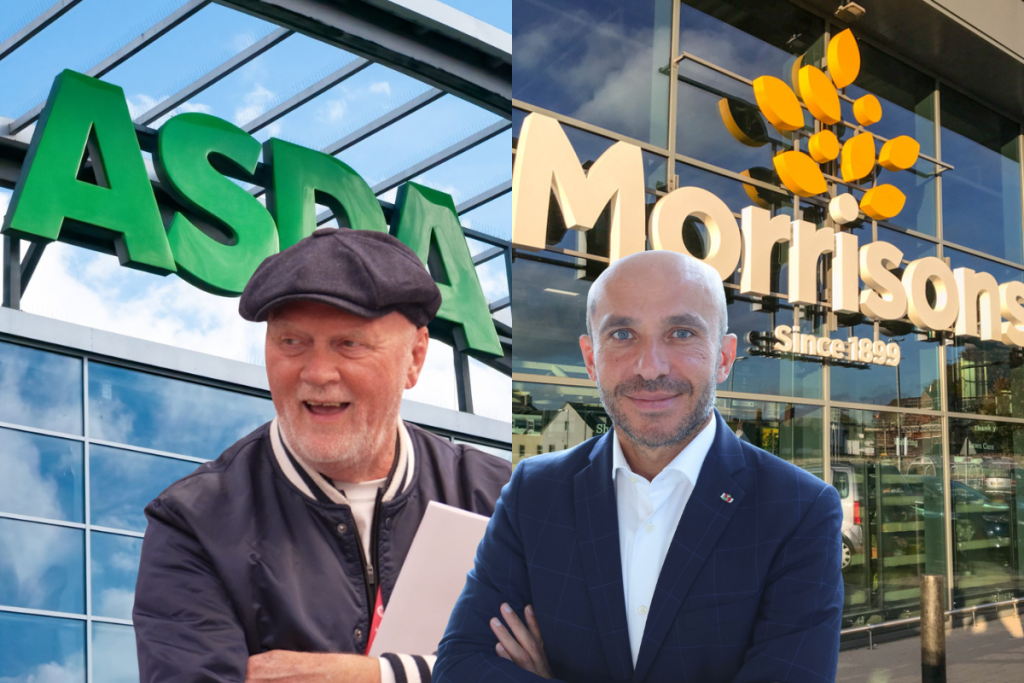



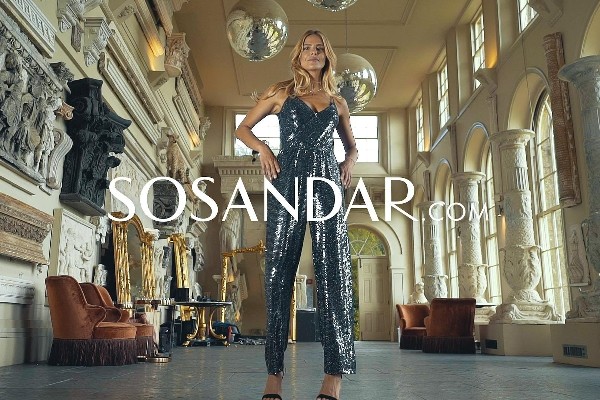
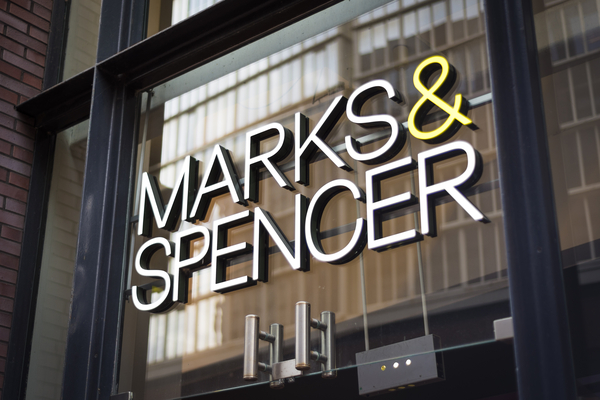
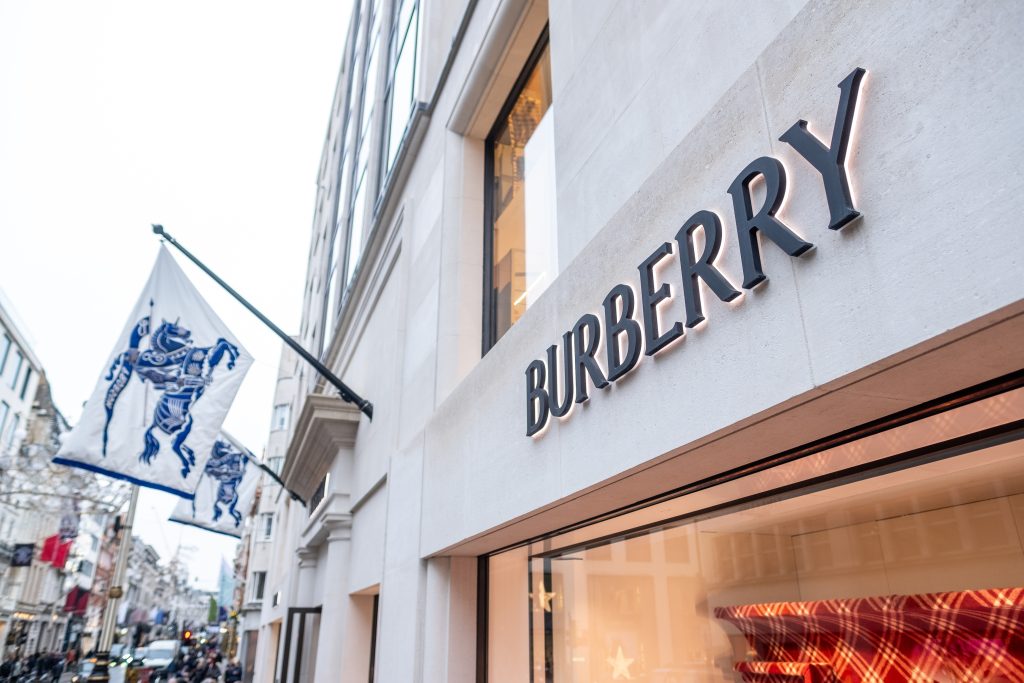



1 Comment. Leave new
“We want to be increasing profits as well as keeping sustainable” – sounds oxymoronic to me.